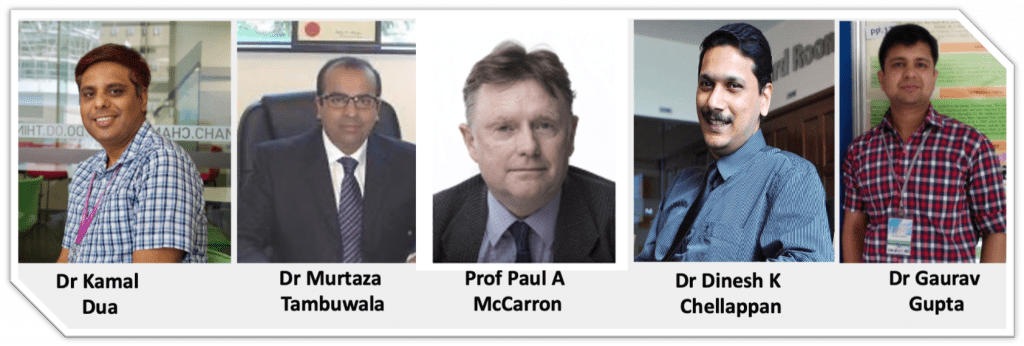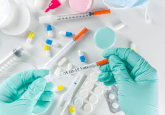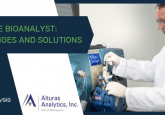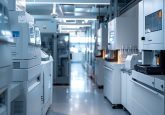4. What lessons have you learnt in terms of infrastructure preparation, planning and testing?


Jennifer Zimmer (Alturas Analytics)
Our disaster recovery plan, which we never thought we would need to implement, held up under pressure. Earlier this year, before COVID-19 was declared a national pandemic, Alturas conducted a mock disaster based on this scenario and identified potential responses, which we ultimately implemented. Twice weekly meetings of the department heads were initiated to ensure that the lines of communication stayed open. We have cut back somewhat now that we have a few months under our belt, but those initial meetings were very important to establish protocols and make sure that ongoing communication went smoothly.

Chris Smith (Elanco)
Planning has been key but our infrastructure has not changed.
 Jan Miotto (Metrendalytics)
Jan Miotto (Metrendalytics)
Most CROs feel there were two key learnings. First, labs need to be able to have access to information technology to manage operations and processes remotely. Everyone needs to be well versed and comfortable using this technology; use of spreadsheets or non-database sources were problematic for real-time sharing of information. Second, it is imperative that on-site, essential lab personnel adhere to both basic safety requirements and pandemic-related items, such as social distancing. Determining available lab space has been key to ensuring this has been achieved. Acting on these learnings will only become more important depending on how long this pandemic lasts and will aid proactive preparedness for the next one. Having a good understanding of how much work is taking place digitally will accelerate technology-enabled remote work. At Metrendalytics (NJ, USA), we have always recognized the value of an online work situation and had the infrastructure in place to do so. As a result, our operations have not skipped a beat during these times.

Suranga Senanayake (University of Limerick)
From our experience, we expect high-fidelity simulation technology to play an increasing role, particularly in the training of healthcare professionals. Modification of traditional education and training spaces is necessary to achieve a simulation-ready environment going forward.
The collaborative research team of Dr Kamal Dua (University of Technology Sydney)
One key lesson we have learnt: always have a contingency plan for research-related activities. Infrastructure needs to be designed that allows for effective social distancing in case of future infection outbreaks.
The opinions expressed in this feature are those of the authors and do not necessarily reflect the views of Bioanalysis Zone or Future Science Group.








